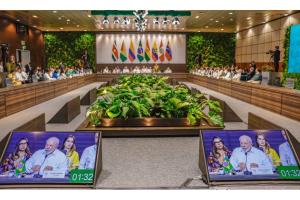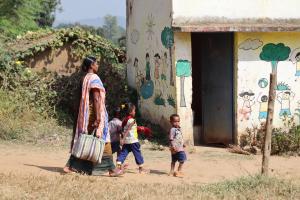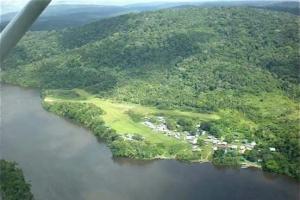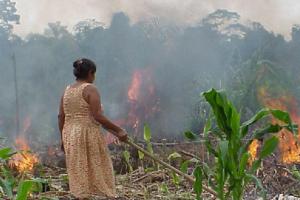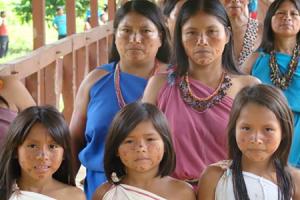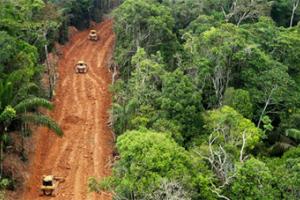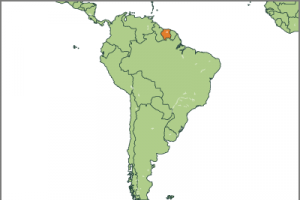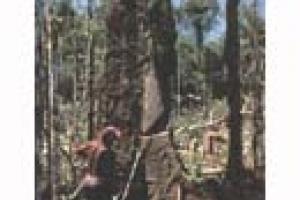Using the argument of “sustainable development”, governments in the Amazon region continue providing incentives for extractivism. In the face of this, indigenous leader Alessandra Munduruku vents her thoughts: “What we need is the demarcation of indigenous territories. Enough talk of bioeconomy, of sustainability, when there is violence in the here and now.”
Suriname
Bulletin articles
27 February 2024
The Amazon Summit: Extractivism and violence in the name of the “bioeconomy” and of “sustainability”
Bulletin articles
11 March 2019
Before, conservation organizations were focused on raising money to create protected areas in forests supposedly threatened with destruction; today, they constitute a bona fide transnational “industry” that manages and controls areas that go far beyond forests.
Bulletin articles
11 March 2019
Conservationist NGOs working in Suriname have increased the pressure for Wayana Indigenous Peoples. After years of harsh top-down ways of dealing with forest communities, the Wayana have decided to seek for their own path, one that follows their own way of thinking and living.
Bulletin articles
9 July 2018
Fires in the Amazon are occurring more frequently and with greater intensity. But who is really burning the forests?
Bulletin articles
7 July 2017
How to make the sustainability of life the center of debate
Bulletin articles
4 July 2014
"They consider us the periphery of the periphery"
Bulletin articles
3 May 2004
The Galibi Nature Reserve is world famous as a nesting site for four endangered sea turtles. Established in 1969, it covers about 400 hectares and receives a steady flow of tourists from the United States and elsewhere.
However, less highlighted is the fact that it is also an integral part of the ancestral territory of the Lower Marowijne River Kalinya people, who have been directly suffering the consequences of the establishment of the protected area.
Bulletin articles
7 September 2002
Chinese logging companies are relatively new arrivals in South America. In Suriname, at least two have been operating since 1997. The widely reported ban on domestic logging in China, in part prompted by devastating flooding related to forest loss, is one obvious reason for the internationalization of Chinese logging. According to Surinamese government statistics for the years 2000-01, Chinese loggers were by far the largest producers of round wood and China was by far the largest export destination for Surinamese round wood, exceeding the next highest destination fourfold.
Other information
18 July 2002
Only available in Spanish
Publicación de Censat-Agua Viva en ocasión de la Cumbre Mundial de Johannesburgo.
Amazonía: Selva y Bosques diez años después de Río
Other information
18 March 2002
Commissioned by the Global Forest Coalition
This report is based on 21 country case studies, including Australia, Brazil, Cameroon, Canada, Chile, Colombia, Czech republic, Ghana, India, Indonesia, Kenya,Malaysia, the Netherlands, New Zealand/Aotearoa, Papua New Guinea, Russia, South Africa, Suriname, Uganda, United Kingdom, and Uruguay
Other information
21 December 2001
Chinese logging companies are relatively new arrivals in South America. In Suriname, at least two have been operating since 1996; in neighbouring Guyana, the first arrivals surfaced in the year 2000. In both cases, the companies are operating on or near Indigenous and Tribal lands. Reports have also surfaced of Chinese companies operating in northern Brazil.
